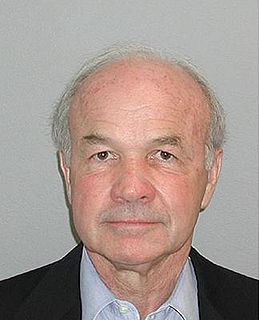A Quote by David Autor
Markets are, in many settings, self-organizing and 'efficient' in terms of maximizing the welfare of both buyers and sellers.
Related Quotes
I think a way to behave is to think not in terms of representative government, not in terms of voting, not in terms of electoral politics, but thinking in terms of organizing social movements, organizing in the work place, organizing in the neighborhood, organizing collectives that can become strong enough to eventually take over - first to become strong enough to resist what has been done to them by authority, and second, later, to become strong enough to actually take over the institutions.
General welfare is a general condition - maybe sound currency is general welfare, maybe markets, maybe judicial system, maybe a national defense, but this is specific welfare. This justifies the whole welfare state - the military industrial complex, the welfare to foreigners, the welfare state that imprisons our people and impoverishes our people and gives us our recession.




































